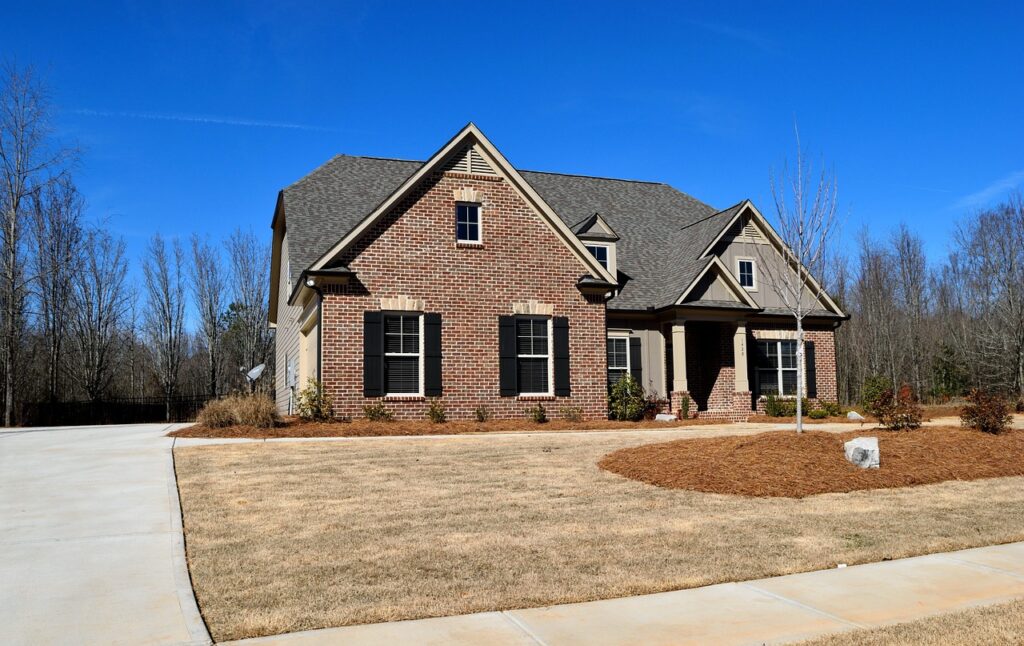Your driveway serves as the welcome mat to your home, bearing the weight of vehicles, foot traffic, and the elements day in and day out. Over time, wear and tear can take their toll, leading to cracks, potholes, and unsightly blemishes that detract from your property’s curb appeal. Driveway resurfacing offers a cost-effective solution to revitalize worn pavement, restoring both function and aesthetics. But how often should homeowners undertake this maintenance task? In this blog, we explore the factors influencing driveway longevity and provide guidance on when to consider resurfacing your driveway for optimal performance.
Understanding Driveway Materials:
Before delving into resurfacing schedules, it’s essential to consider the type of material comprising your driveway. Asphalt and concrete are the most common choices, each with its own set of characteristics and maintenance requirements. Asphalt driveways typically require resurfacing every 5 to 10 years, depending on usage and climate conditions, while concrete driveways may last longer, with resurfacing intervals ranging from 10 to 20 years. However, these timelines are not set in stone and may vary based on several factors.
Assessing Wear and Tear:
The frequency of driveway resurfacing hinges on the extent of wear and tear sustained by the pavement. Signs of deterioration such as cracks, potholes, and uneven surfaces should prompt immediate attention to prevent further damage. Regular inspections can help homeowners identify early warning signs and address them before minor issues escalate into costly repairs. Additionally, factors such as heavy traffic, inclement weather, and exposure to harsh chemicals can accelerate pavement deterioration, necessitating more frequent resurfacing.
Climate Considerations:
Climate plays a significant role in determining the lifespan of your driveway and the frequency of resurfacing. Extreme temperatures, freeze-thaw cycles, and prolonged exposure to sunlight can degrade pavement materials over time. In regions prone to harsh winters or intense heat, driveways may deteriorate more rapidly, requiring more frequent maintenance. Conversely, milder climates may afford homeowners longer intervals between resurfacing projects. Monitoring weather-related damage and scheduling resurfacing accordingly can help extend the life of your driveway.
Routine Maintenance Practices:
Proactive maintenance can prolong the lifespan of your driveway and reduce the frequency of resurfacing. Simple tasks such as filling cracks, sealing the surface, and clearing debris can prevent minor issues from escalating into major repairs. Additionally, avoiding heavy machinery, abrasive chemicals, and excessive weight on the pavement can minimize wear and tear, preserving its integrity over time. By implementing a regular maintenance routine, homeowners can maximize the longevity of their driveway and minimize the need for frequent resurfacing.
Consulting with Professionals:
While general guidelines exist for driveway resurfacing intervals, it’s essential to consult with paving professionals to assess the specific needs of your pavement. Experienced contractors can evaluate the condition of your driveway, identify underlying issues, and recommend appropriate resurfacing techniques. Factors such as pavement thickness, subgrade stability, and drainage patterns can influence resurfacing timelines and techniques. By partnering with knowledgeable experts, homeowners can make informed decisions to ensure the longevity and durability of their driveway.
Maintaining a well-kept driveway not only enhances your home’s curb appeal but also prolongs its functional lifespan. By understanding the factors influencing driveway longevity and adopting proactive maintenance practices, homeowners can minimize the need for frequent resurfacing and maximize the durability of their pavement. Whether it’s asphalt or concrete, regular inspections, climate considerations, and professional consultations are essential components of an effective driveway maintenance strategy. By staying vigilant and addressing issues promptly, you can enjoy a smooth, durable driveway for years to come.


